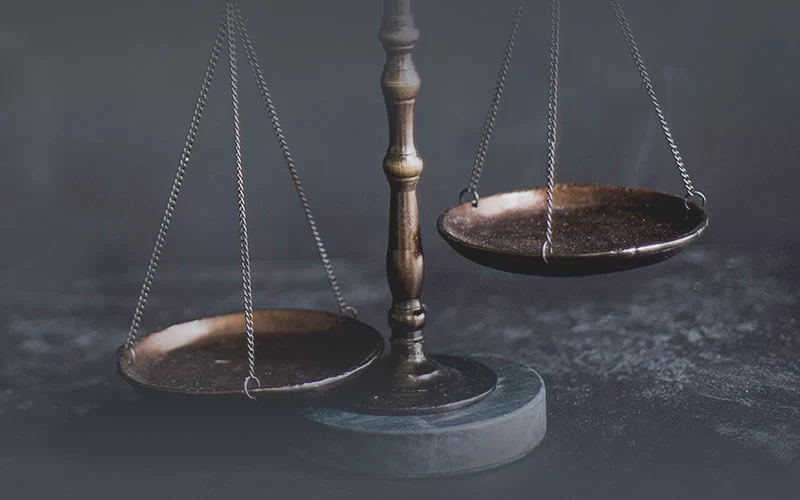- Understanding Domestic Violence Allegations
- Common Defense Strategies Against Domestic Violence Allegations
- How to Handle False Allegations
- Why You Need Professional Legal Help
Understanding Domestic Violence Allegations
Being accused of domestic violence is a serious matter that can have lasting consequences on your personal and professional life. Whether the accusations are true or false, the emotional and legal burden can be overwhelming. It's essential to first understand what domestic violence allegations typically involve. These accusations often relate to claims of physical harm, emotional abuse, or even threats that are made towards a partner, family member, or household member.
False accusations can happen for various reasons, such as misunderstandings, retaliation, or malicious intent. It's critical to approach the situation with a clear mindset and a solid understanding of your legal rights and obligations.
Common Defense Strategies Against Domestic Violence Allegations
When facing allegations of domestic violence, it's important to employ a defense strategy that works for your case. Some common defense tactics include:
- Claiming Self-Defense: In some cases, an individual may argue that their actions were in self-defense. If you were in fear for your safety and acted to protect yourself, this defense may apply.
- Lack of Evidence: Many domestic violence cases depend on physical evidence or eyewitness testimony. A strong defense can be built on challenging the credibility of the evidence or showing that there is insufficient proof of an alleged crime.
- False Allegations: It’s not uncommon for people to make false accusations in an effort to gain an advantage in divorce, child custody, or other personal disputes. Demonstrating that the allegations are fabricated is an important part of your defense.
- Alibi: If you can provide proof that you were not at the scene of the alleged incident, this can be an effective way to refute the claims made against you.
These defense strategies, while common, require a careful legal approach and detailed evidence to be effective. Consulting with a legal expert in domestic violence cases is essential to navigate these complex issues.
How to Handle False Allegations
False accusations of domestic violence are not only damaging to your reputation but can also lead to severe legal consequences. If you find yourself falsely accused, it's essential to act quickly and decisively. Here are some steps to consider:
- Stay Calm: It's important not to react impulsively to false allegations. Emotional outbursts or retaliatory behavior can hurt your case.
- Gather Evidence: Keep a record of events, communications, and any evidence that could support your version of the story. This may include text messages, emails, or witness testimony.
- Contact a Lawyer: Immediately seek legal counsel. A lawyer experienced in domestic violence defense can help you understand your rights, options, and the legal process.
- Focus on the Facts: In many false allegation cases, presenting a clear, factual account of what happened is key. Stick to the facts and avoid embellishment or emotional commentary.
While false allegations are serious, they can be overcome with the right approach. Working with an attorney who specializes in domestic violence cases can significantly improve your chances of a favorable outcome.
Why You Need Professional Legal Help
Facing allegations of domestic violence is not something you should try to navigate alone. A skilled lawyer can guide you through the complexities of the legal system and help develop a strategy tailored to your case. They can advise you on how to present evidence, protect your rights, and challenge any false claims made against you.
If you find yourself in this unfortunate situation, it's crucial to seek professional help from a law firm that understands the intricacies of domestic violence defense. Fred Miller Lawyer is an excellent resource for those seeking legal advice and representation. Their team of professionals will work to ensure that you receive the best possible defense and that your rights are protected throughout the legal process.


 weissman attorneys at law
weissman attorneys at law 400 oceangate long beach ca 90802
400 oceangate long beach ca 90802 de santis law center apc
de santis law center apc reel fathers rights reviews
reel fathers rights reviews 102 south tejon street
102 south tejon street pasternack tilker ziegler walsh stanton romano llp
pasternack tilker ziegler walsh stanton romano llp